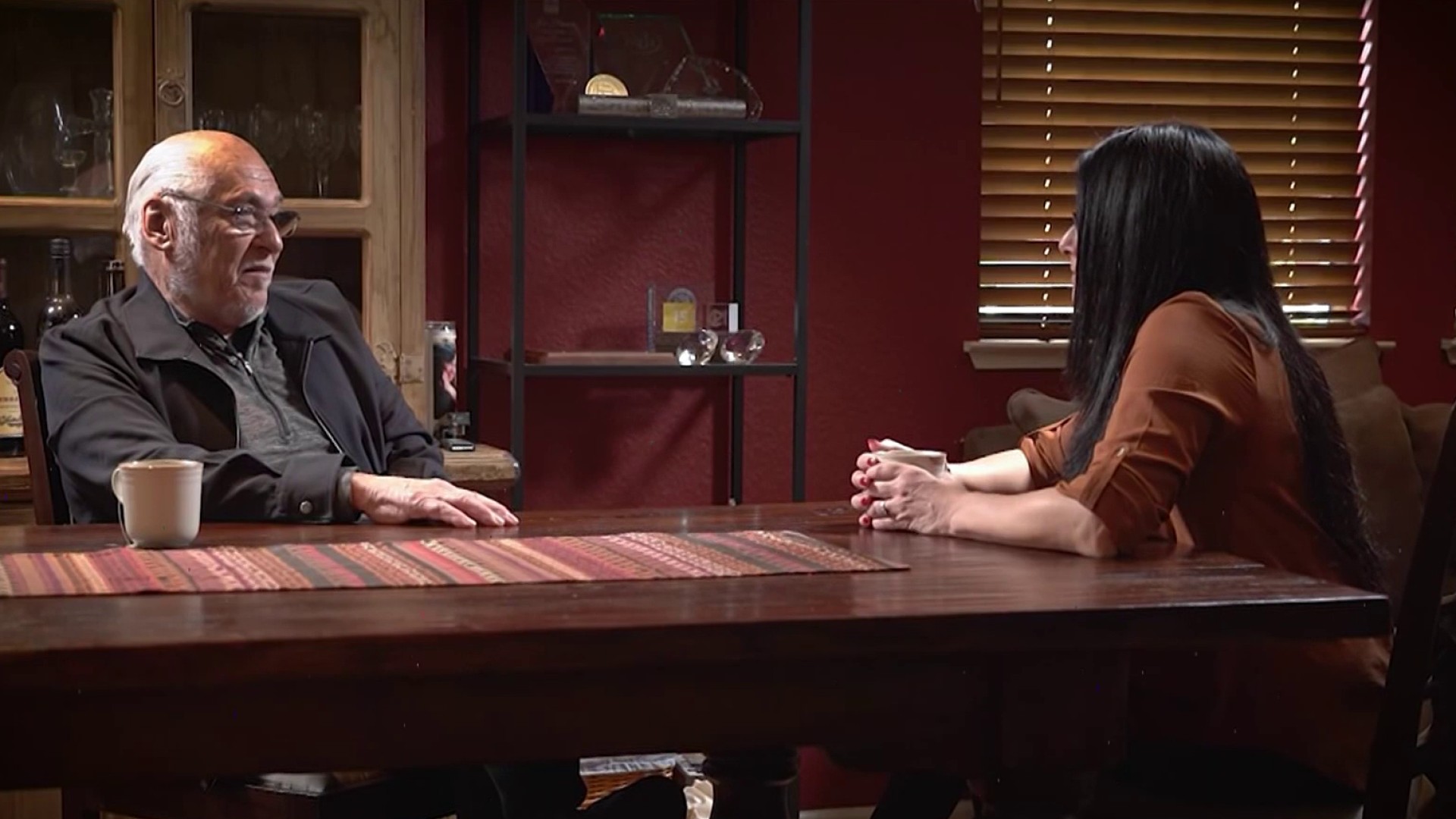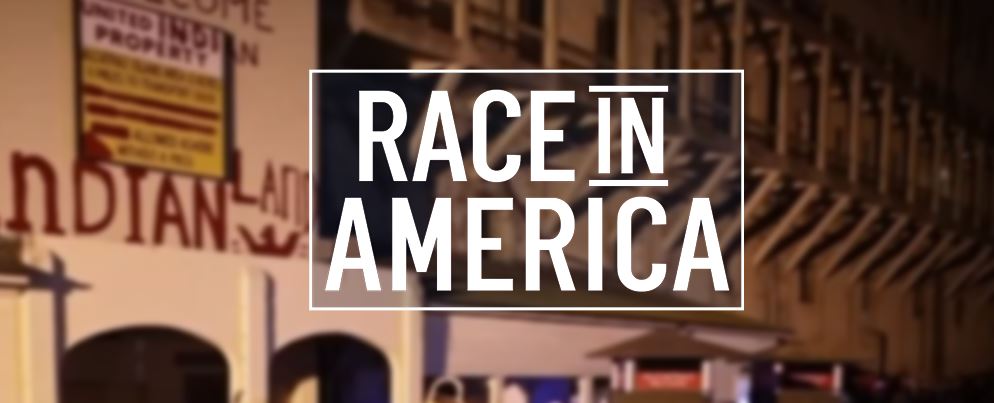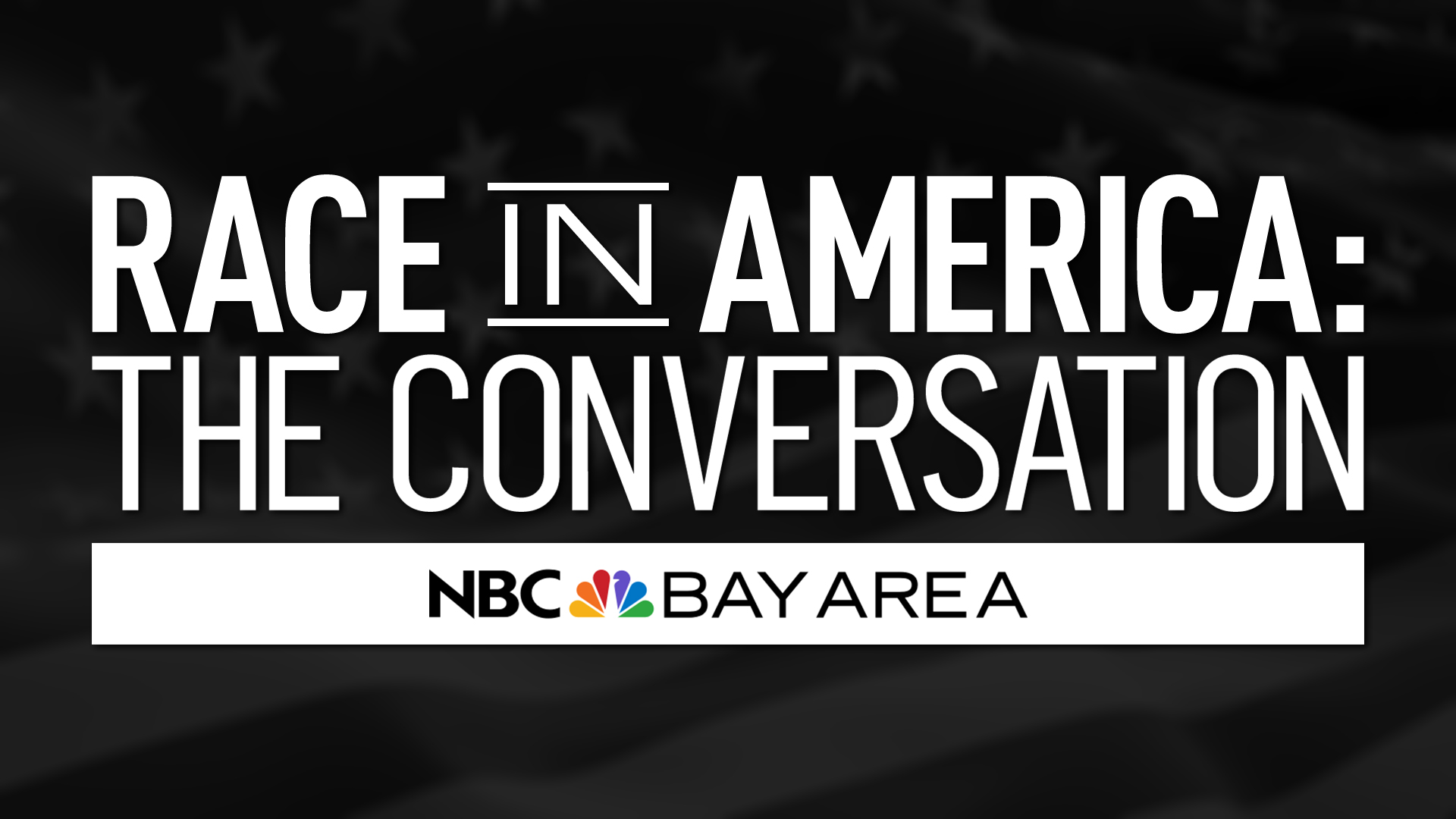Jose Antonio Vargas is a Pulitzer-prize winning journalist, filmmaker and author. He’s also undocumented. We met Vargas at the Mountain View elementary school that now bears his name.
In our continuing series, “Race in America”, we have a candid conversation about immigration and the challenges to navigate life in society. NBC Bay Area sat down with Vargas in his first local television interview.
“This school to me is a representation of how much goodness matters,” Vargas says, “My grandmother, my Lola, didn’t understand what I was doing… but, when the dedication of the school happened, I think that’s when she got I was doing something bigger than us.”
Vargas is the founder of “Define American”, a non-profit he started 13 years ago. The same day he revealed in a New York Times essay he is an undocumented immigrant.
Born in the Philippines, Vargas came to the U.S. at the age of 12 to live with his grandparents. His mom put him on a plane 31 years ago and he hasn’t seen her since.
At 16 years old, he found out he was undocumented when he tried to get a driver’s permit. Vargas hid his identity and relied on an ecosystem of good Samaritans as he navigated higher education and work as a journalist. Eventually, telling his truth openly became easier.
Vargas was on the cover of TIME Magazine, with dozens of other undocumented immigrants. He made a documentary, “Documented”, that aired on CNN and is now one of the nation’s leading voices on immigration rights.
He says “Define American” is going to be the work of his life.
“The anti-immigrant narrative in this country has been so racialized for decades now...” Vargas says, “It’s not a one size fits all system. I broke the laws and I admitted to breaking those laws and that. That kind of truth telling has been costly. But if we're not telling the truth, what are we doing?"
Get a weekly recap of the latest San Francisco Bay Area housing news. Sign up for NBC Bay Area’s Housing Deconstructed newsletter.




